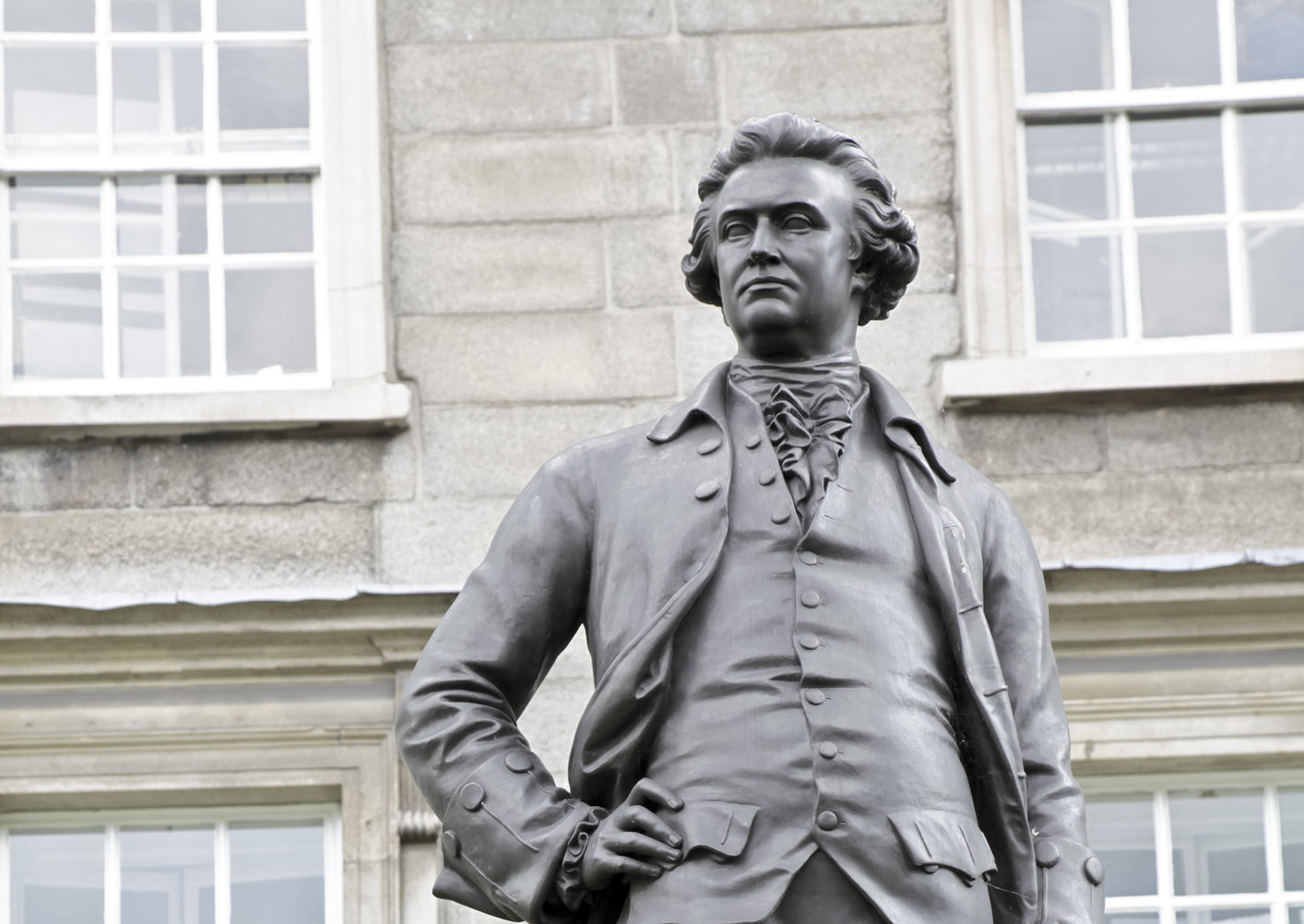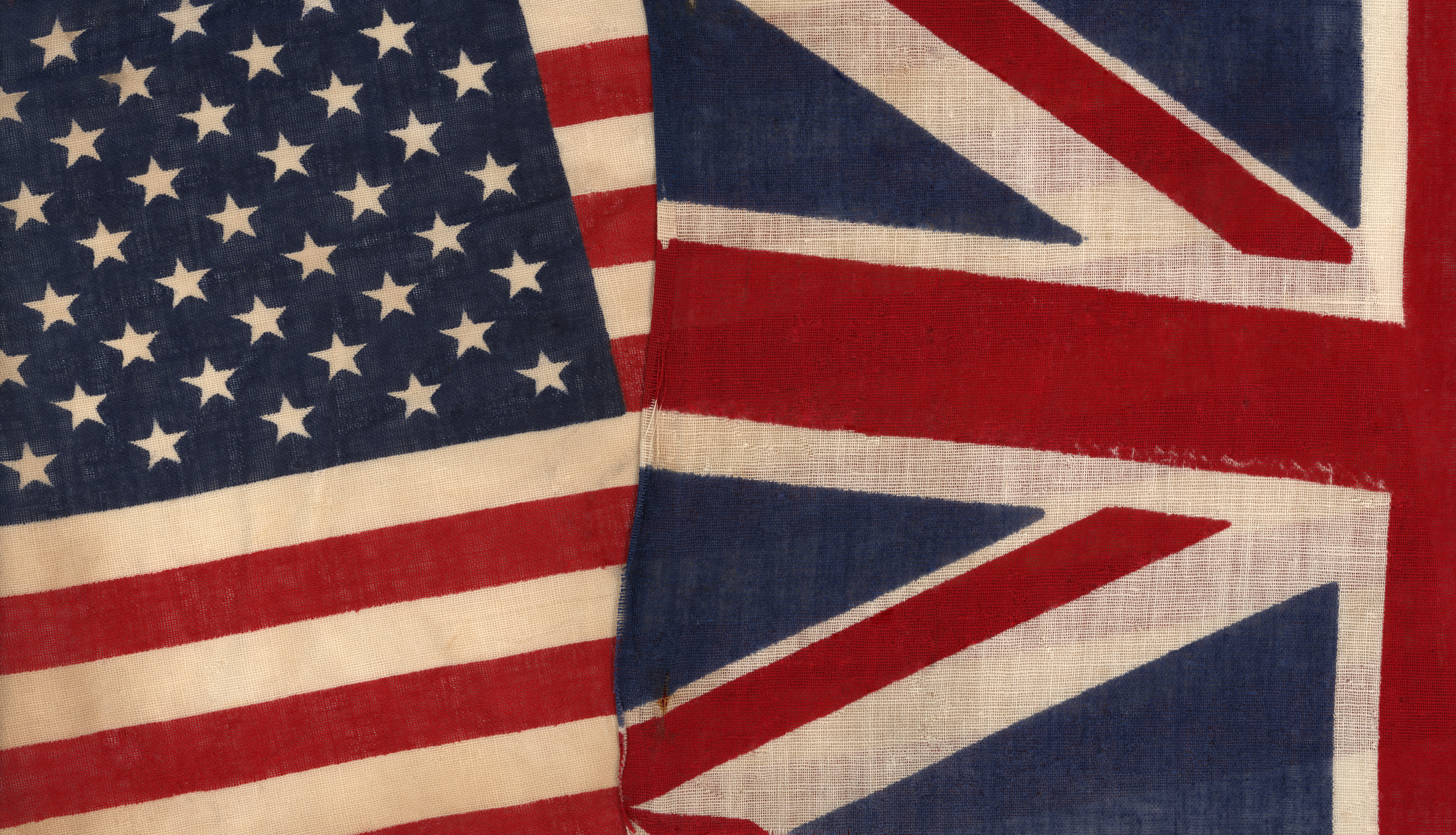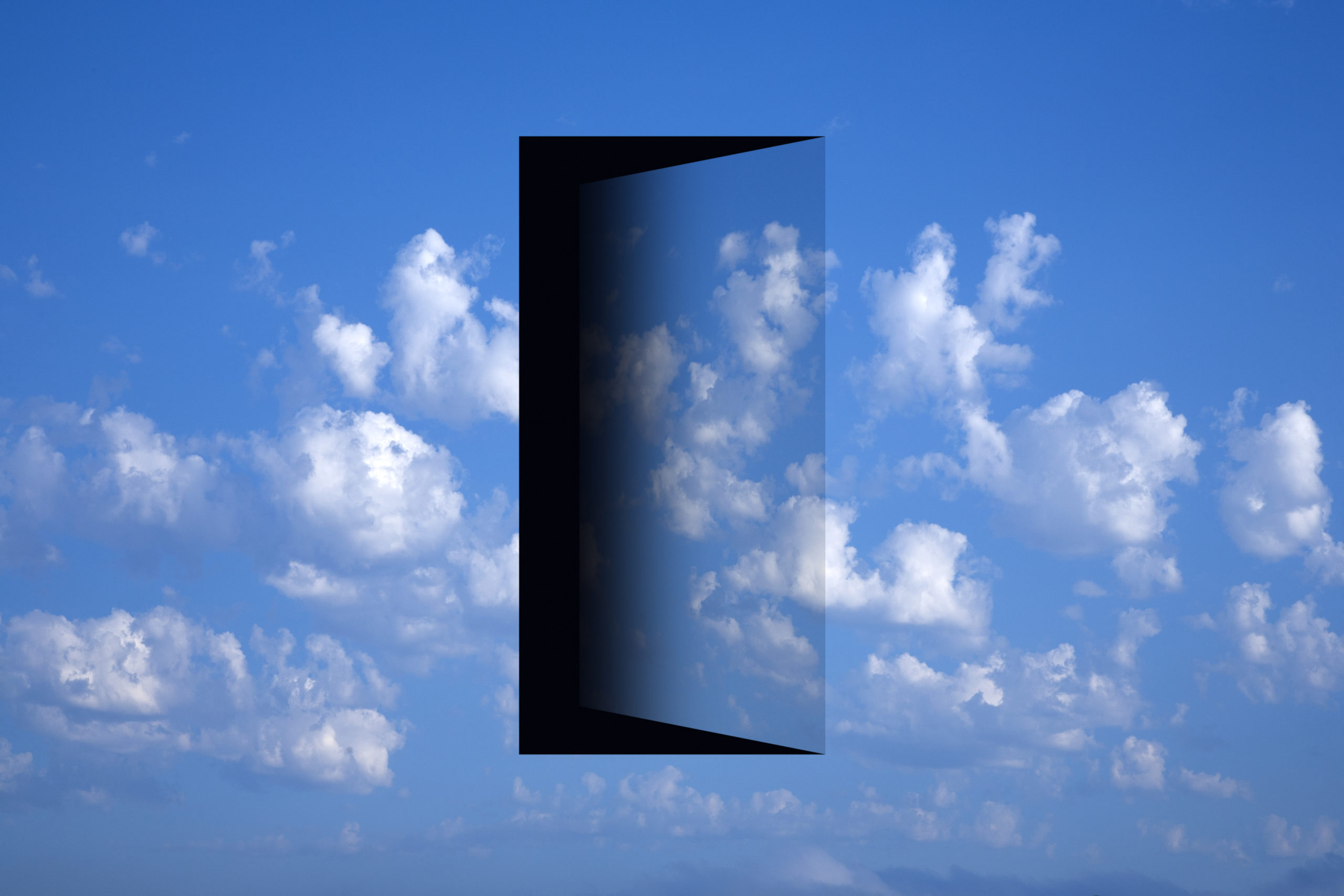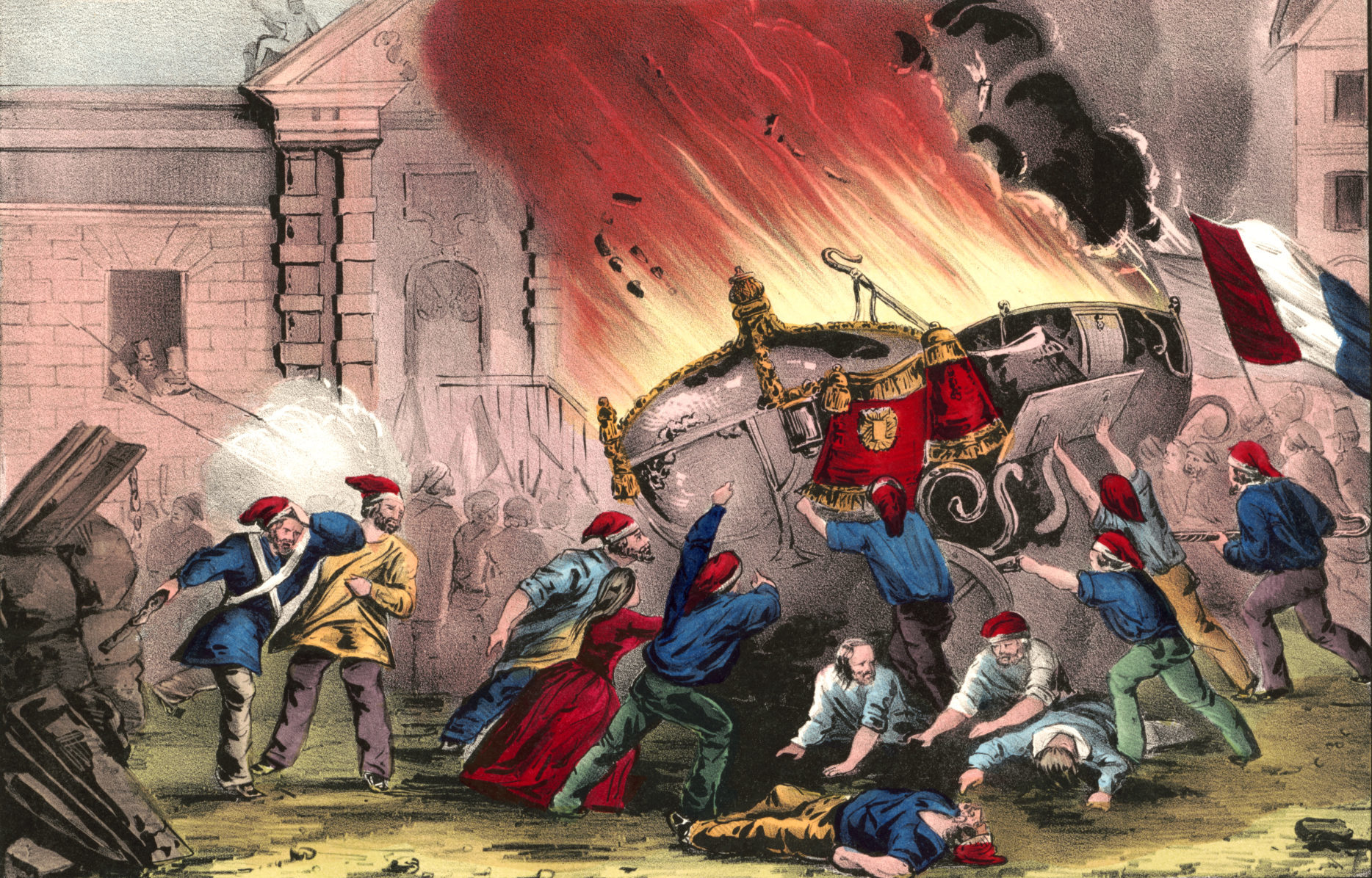Burke, Tocqueville, and Lincoln on the right ordering of society.
Edmund Burke, Philosopher King?
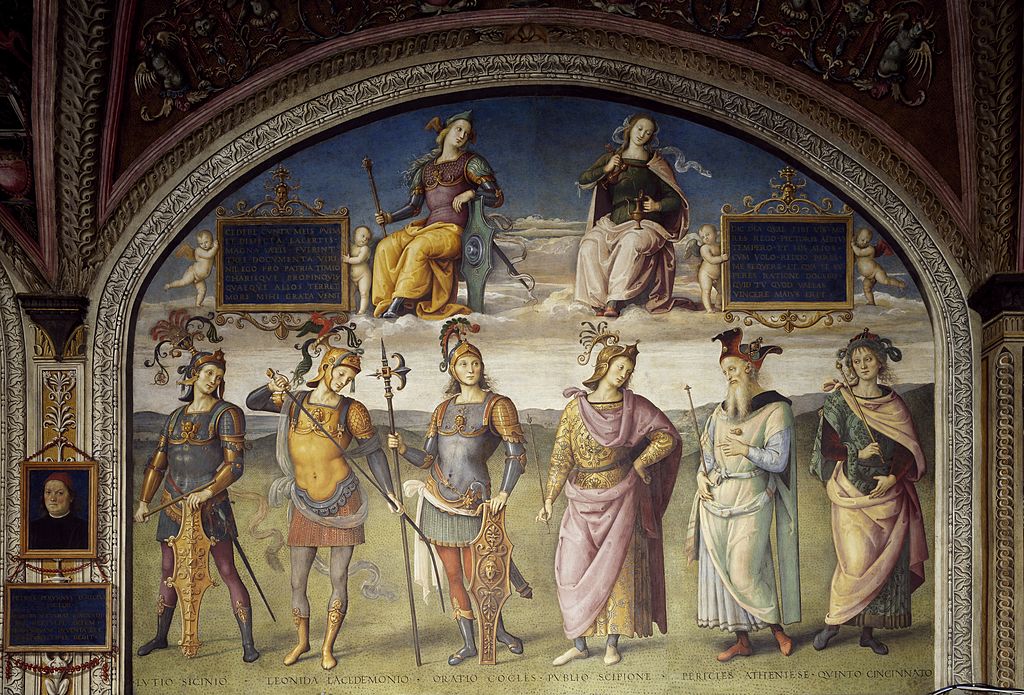
A prudential reading of a prudent statesman.
In the fall of 1989, at the growing protests throughout East German cities in the runup to the sudden fall of the Berlin Wall, there were banners seen that read simply, “1789-1989.” If the storming of the Bastille in 1789 could be said to have marked the beginning of utopian revolutionary politics, the storming of the Berlin Wall in 1989 seemingly marked its end. The British historian Timothy Garton Ash observed shortly after, “Nineteen eighty-nine also caused, throughout the world, a profound crisis of identity on what had been known since the French Revolution of 1789 as ‘the left.’”
The hopeful thought that ideological totalitarianism had reached the end of the road, if not the “end of history” itself, was spectacularly wrong. The ideological Left did not have an “identity crisis;” it merely changed its identity (and invited everyone to change their “identities” along with them), re-emerging in protean forms that have burst out beyond the former confines of the campus and radical magazines and into the boardrooms of Fortune 500 corporations and virtually all of the news media. There is hardly an institution left standing that has not been infected by “Wokeism,” or whatever equivalent term one wishes to use.
Suddenly, older Eastern Europeans and Chinese liberals (in the classical sense of “liberal”) are saying—what’s happened to America? Chinese liberals are drawing direct parallels to Mao’s insane “Cultural Revolution,” and certainly the coercive confessionals required in America’s elite institutions today remind of nothing so much as the struggle sessions of Mao’s era. (The New York Times was shocked to discover Chinese liberals supporting President Trump back in 2020 because they perceived Trump as the only serious opposition to this totalitarian tide.)
Harry Jaffa was one of the few who dissented from the euphoria of the triumphal interregnum of the early 1990s, writing at the time:
The defeat of Communism in the USSR and its satellite empires by no means assures its defeat in the world. Indeed, the release of the West from its conflict with the East emancipates utopian communism at home from the suspicion of its affinity with an external enemy. The struggle for the preservation of western civilization has entered a new—and perhaps far more deadly and dangerous—phase.
The other person who would have understood the scene in much the same way was Edmund Burke, and for the same reasons. Which brings us to Daniel Mahoney’s close examination of Burke in his splendid new study, The Statesman As Thinker: Portraits of Greatness, Courage, and Moderation. Mahoney’s book takes note of our current “tyranny founded on the manipulation of language and the forced imposition of ideological clichés with little or no connection to anything real or enduring.”
One of the virtues of Mahoney’s portraits in this compact, 221-page book is that each one leaves the reader wanting more. (The book offers individual chapters about Burke, Tocqueville, Lincoln, Churchill, De Gaulle, and Havel, along with three general background chapters.) It is hard to find fault with his masterful presentation of Burke, though it may be possible to build on some omissions that clarify exactly how Burke’s prudence and moderation should be applied to our present moment.
Mahoney brings out the probity distinctive to Burke—he recognized at the earliest moment that the French Revolution was no mere regicide or conventional revolution, but something new and ominous that required from the defenders of liberty a heightened vigilance and resolve which was not sufficiently in evidence among his contemporaries. It might be said, reversing Lincoln Steffens’s famous remark about the USSR, that Burke saw the future, and it didn’t work. As such, Burke prepared the road for the many modern conservative thinkers who have dissected the defects of radical ideology as a perversion of reason. Mahoney is right to say that “Burke very much remains our contemporary.” (I’ll add that if someone invented a time machine of sorts to transform figures from the past into their modern incarnations, putting Burke in the past portal would produce Roger Scruton at the modern end.)
The Left has always dismissed Burke simply as the defender of a traditional order that was unjust, oppressive, imperialist, blah, blah, blah, even though Burke was an early critic of slavery and the moral and political failings of British colonialism both in India and the American colonies. Of more interest is the estimation—or mis-underestimation, to use a recent neologism—of Burke on the right. An enduring difficulty of Burke is whether his formal thought represented a bridge to a kind of Hegelian historicism (Leo Strauss’s view), or a call-back to Aristotelian moral and political philosophy (see Frank Canavan or Peter Stanlis). It is possible to muster a case for either conclusion from Burke’s writings.
The impulse to settle out Burke’s contradictions and ambiguities is irresistible in large part because of the quality of his prose and memorable turns of phrase that captivate the interest and attention of even the casual reader. The distinction between the “real rights of men” and “pretend rights” is more necessary and relevant than ever today, even if Burke’s account suffers the defect of anchoring this distinction more in history than nature.
But perhaps it is a mistake to force Burke into the mold of a formal, systematic political philosopher like Aquinas, Hobbes, or Locke. His discrete silence about the Declaration of Independence, significant in the context of his expressed sympathy for the grievances of the American colonists, is one of the larger difficulties. Burke is reported to have made one or two oral comments disparaging the Declaration, and his conspicuous silence about it in his writing reflects the defects of his contingent ground for natural rights.
This is a stumbling block that works two ways, however. Perhaps we are better off if we consider that Burke is better understood primarily as a statesman (having been a member of Parliament and low-level minister) rather than as a political philosopher. In other words, as Harry Jaffa once recommended, we should undertake a prudent reading of Burke. One might even have wished that he had been not so much a statesman as a ruler—that is, someone of supreme station to be thought of alongside Cyrus the Great or Lincoln or Churchill. Had Burke lived a century later, it might well be that Disraeli would be unknown to us. Maybe he’d have come closest to being an embodiment of the philosopher king, though he’d have prudently (and correctly) disdained the title.
Thus Burke’s emphasis on prudence, moderation, and courage, which Mahoney draws into focus, reminds us of the connections between these central virtues of statesmanship and the underlying basis of the substance of politics that modern social science and ideology alike reduce to technique (“leadership”) or sub-rational forces (“systemic” racism). Mahoney’s modifiers of Burke’s categories—brave moderation, manly courage—cannot help but draw us back to the metaphysical basis of politics even if Burke can be said to be uncomfortable or confused in some of these domains.
The age of tyrannical revolutions did not end in 1989. To the contrary, its spirit is alive and marching today in America, which would have seemed beyond the wildest dystopian imagination a generation ago. But as Ronald Reagan warned, “Freedom is never more than one generation away from extinction.” Burke feared the French virus would come to England if it was not recognized for what it was, and it might have had that first ominous instance not collapsed on its own so quickly.
As shocking as it may sound, our current revolution is more deeply embedded in the West’s ideology and the institutions it has corrupted than was the French Revolution, and thus the requirement of prudence and courage are necessary in larger measure than in Burke’s time. Is it equally shocking, then, to suggest that the Burkes we need in our age will need to match and exceed Burke’s skill? This radical suggestion is implicit in Mahoney’s spotlight on Burke. Who will make it explicit in our political life today?
The American Mind presents a range of perspectives. Views are writers’ own and do not necessarily represent those of The Claremont Institute.
The American Mind is a publication of the Claremont Institute, a non-profit 501(c)(3) organization, dedicated to restoring the principles of the American Founding to their rightful, preeminent authority in our national life. Interested in supporting our work? Gifts to the Claremont Institute are tax-deductible.
There is wisdom to be found in obligation.
Prudence looks different on each side of the Atlantic.
Edmund Burke’s prudential wisdom has much to teach American conservatives.
The brave moderation and manly prudence of Edmund Burke.


